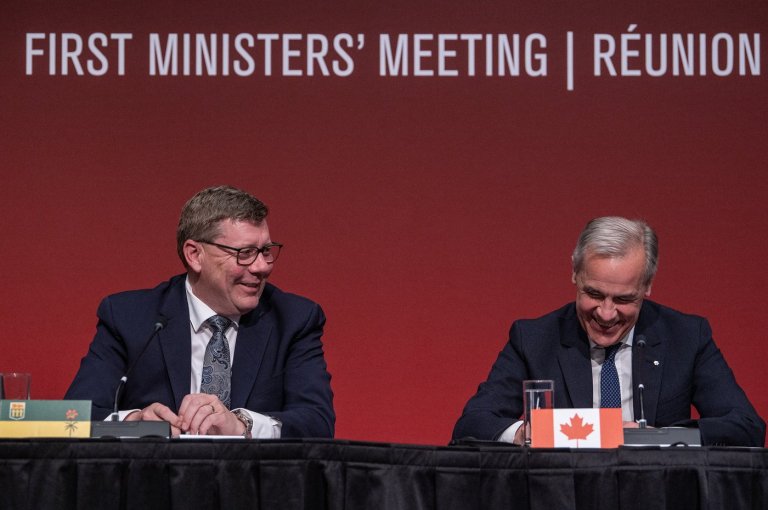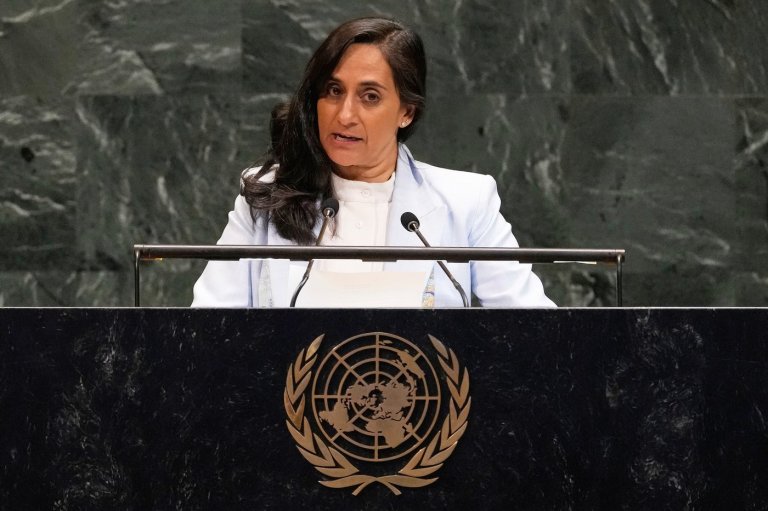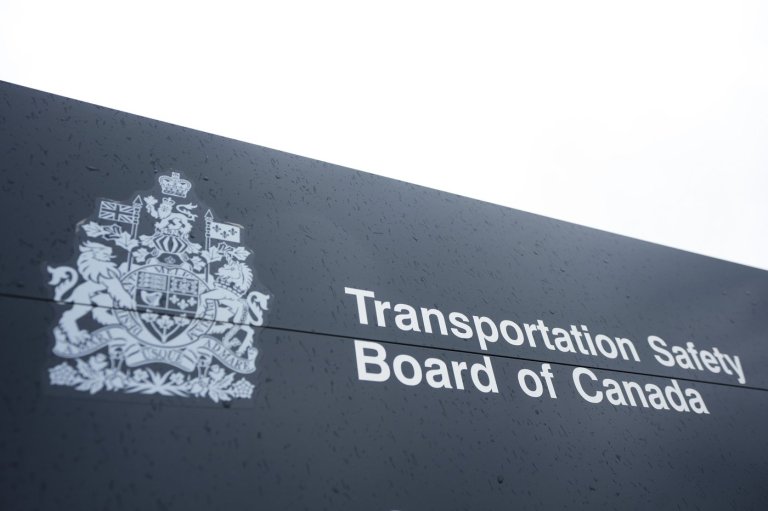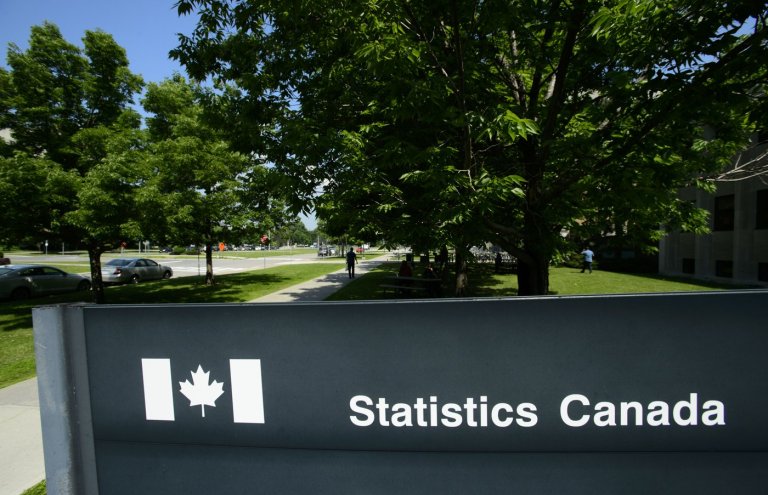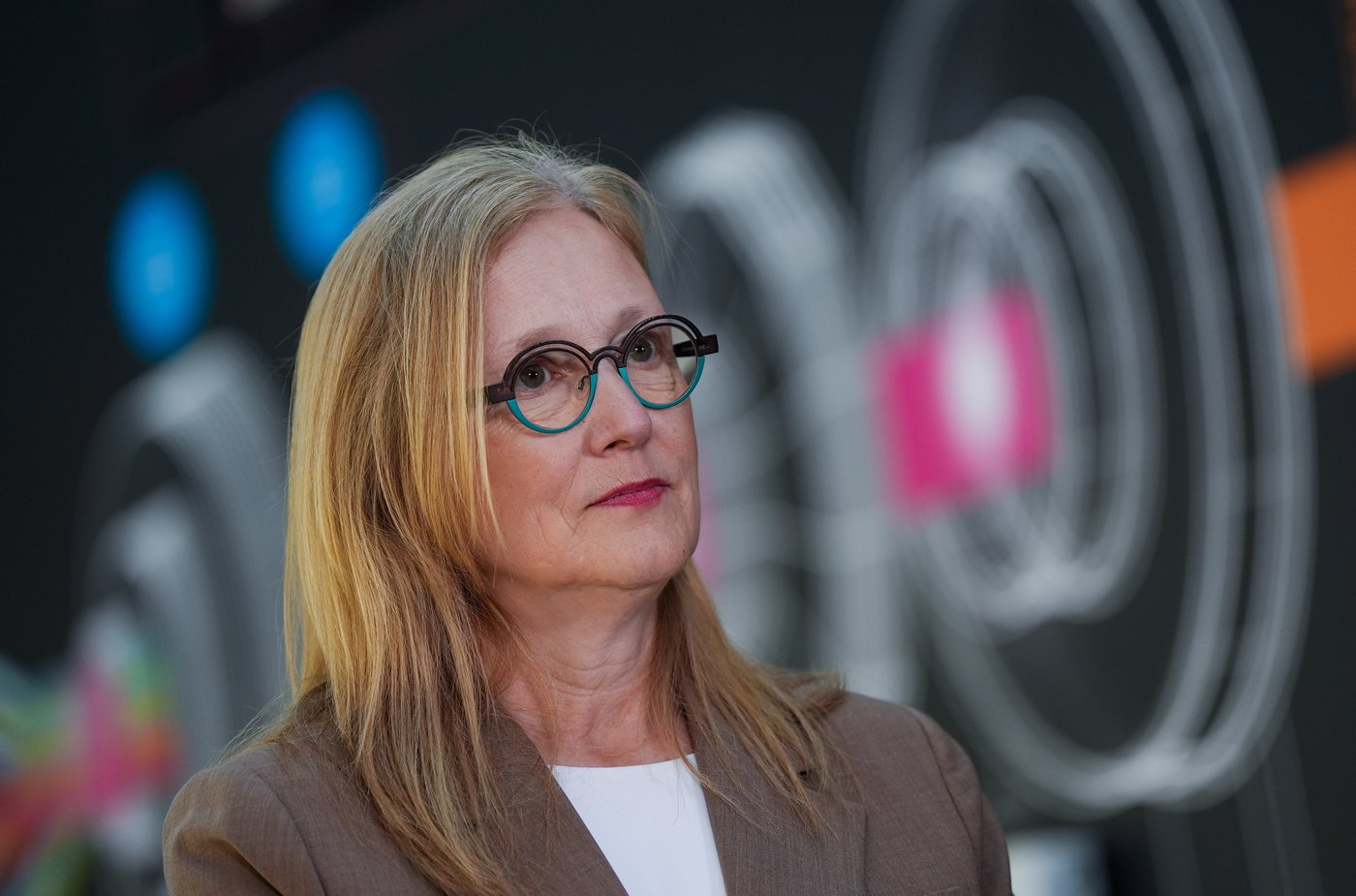
B.C. debt and deficit balloon with carbon tax gone and growth slides
VICTORIA — New figures projecting British Columbia’s debt of almost $213 billion by 2028 are “very, very concerning,” while the forecasted deficit has hit a record high of almost $11.6 billion for the first quarter of the 2025-2026 fiscal year, Finance Minister Brenda Bailey says.
The deficit is up largely due to the elimination of the carbon tax and amid “global trade uncertainty,” Bailey said.
This current year’s projected debt is $155.3 billion, but it is predicted to spike by almost $60 billion over the next two fiscal years, an increase of 37 per cent, the government said in the first quarter fiscal update on Monday.
Bailey said those debt “numbers are unsettling,” and the government plans to bring them down by raising revenue through economic development in areas such as mining and a review of government spending that protects key services.
The government is on track to meet its self-imposed goal of finding $1.5 billion in savings during the next three years, including $300 million this year, but Bailey said residents can expect “other changes” in the public service that “will further reduce costs, including changes to the public service.”
While Bailey didn’t go into details about the changes, the B.C. General Employees Union issued a statement saying the report confirms what it has been saying all along.
“Investing in public service workers is critical for sustaining the services British Columbians rely on and to driving B.C.’s economy forward — in particular in our resource sectors.”
BCGEU members are entering a third week of strike action and are asking for a wage increase of 8.25 per cent over two years.
In an interview later Monday, union president Paul Finch said the announcement about the deficit “doesn’t materially change our negotiating position.”
“The civil service are not the cause of this deficit, and we’re not going to have them balance it based on poor choices on the backs of our members,” he said.
Bailey rejected deep cuts to the public service, saying it government will review spending carefully, while protecting services.
“It’s happening in a number of different ways, across every ministry, but also across all government and the health authorities review, which (Health Minister Josie) Osborne is leading,” she said. “So, you will see us continue to do this work, because we must get these deficit numbers down.”
The deficit is projected to increase for the next three years, from 11.6 billion in 2025-2026 to $12.6 billion in 2026-2027 and $12.3 billion in 2027-2028.
Gross domestic product growth in B.C. has been also downgraded for 2025, forecast at 1.5 per cent from 1.8 per cent, while it has also been lowered for 2026 to 1.3 per cent from 1.9 per cent.
“B.C.’s diverse economy and greater access to non-US-markets puts us in a stronger position than many of our peers to weather global trade instability, but there is no doubt that tariffs and uncertainty are having an impact and contributing to lower outlooks for 2025 and 2026,” Bailey said.
Exports dropped by 0.6 per cent in June 2025 compared with June last year. The update also shows other economic metrics have dropped, including home sales, new housing starts and population growth.
B.C.’s current deficit would appear even worse, were it not for a windfall from a recent court settlement paid by tobacco companies.
The province is expected to receive $3.7 billion over the next 18 years, but Bailey’s update shows $2.7 billion of the settlement as revenue in the fiscal plan for 2025-26.
Ministry staff told reporters during a technical briefing that adding the money as revenue in this fiscal year represents standard accounting practice.
Staff also acknowledged that not all of the money would actually be available as cash in hand, with government having to borrow money to make up the temporary shortfall.
“This isn’t a magical number out of nowhere,” Bailey said. “This is a real thing.”
She said counting the settlement money now, while it is still coming in, was a staff decision, and not made around the cabinet table.
Peter Milobar, finance critic of the Conservative Party of B.C., said the decision to move forward the tobacco settlement is “most concerning” because it shows a government that is “desperate” to hide the true size of the deficit.
Milobar also said government is vague about its plans to cut costs.
David van Hemmen, vice-president of the Greater Vancouver Board of Trade, said in a statement the figures confirm that the provincial finances are “not on a sustainable path.”
“Debt-fuelled spending and persistent deficits” have left less room for investments on which British Columbians depend, he said.
“We need an agenda for economic growth that lowers costs, enables faster building and provides new market opportunities.”
Van Hemmen acknowledged the effects of the tariffs, but called on the provincial government to increase confidence and certainty.
Bailey said the province continues to have one of the lowest debt metrics compared with other provinces, noting the debt to GDP ratio of 24.5 per cent for 2025-26 is “significantly” lower than Ontario’s and Quebec’s of around 40 per cent.
“While our debt remains manageable compared to our peers, we have work to do to bring down the debt-GDP-ratio down over time.”
This report by The Canadian Press was first published Sept. 15, 2025.
Join the Conversation!
Want to share your thoughts, add context, or connect with others in your community?
You must be logged in to post a comment.














